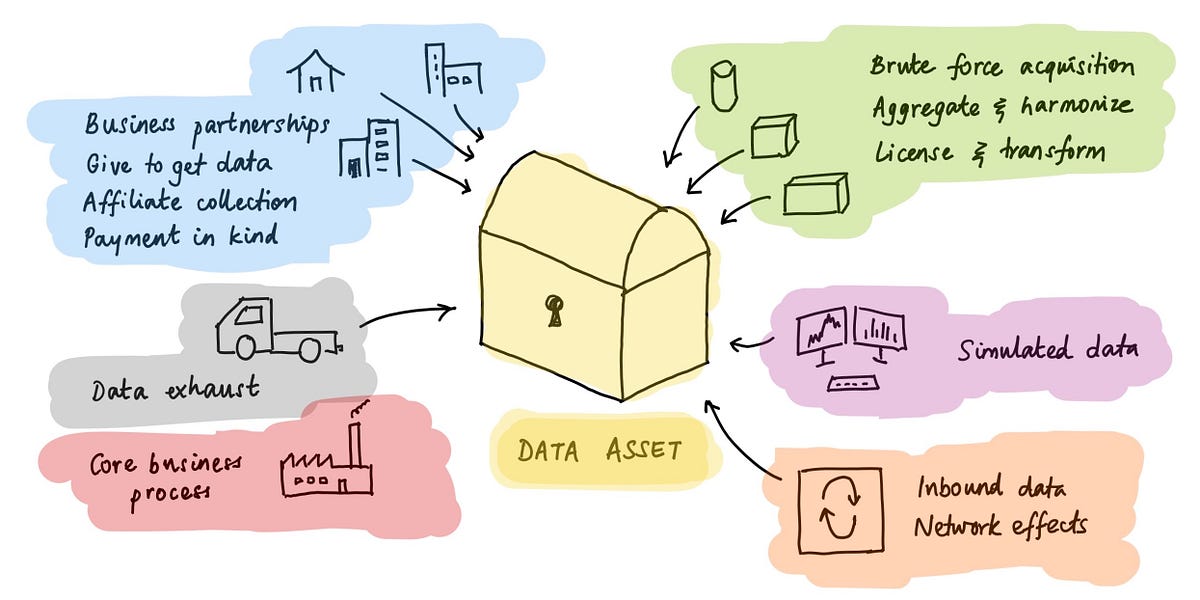
The Currency of Information: What Kind of Asset Is Data? (Part Two)



Gresham’s Law, familiar to most people, states that bad currencies eventually drive good currencies out of circulation. But there’s a corollary to Gresham’s Law, called Thier’s Law, which says that Gresham’s Law applies only to “fiat currencies,” that is, in cases where the government (or some similar authority) decrees that both currencies have... See more